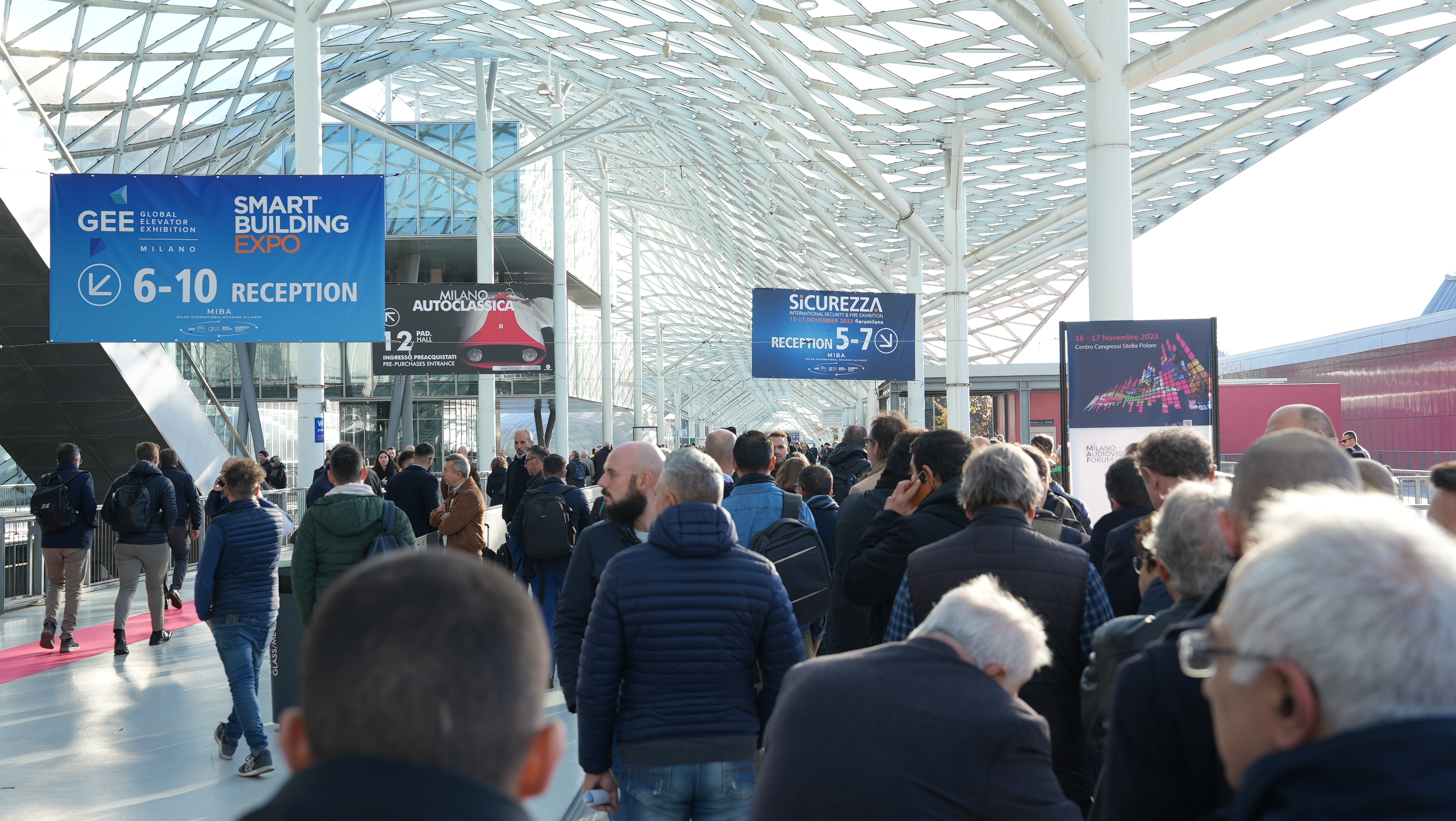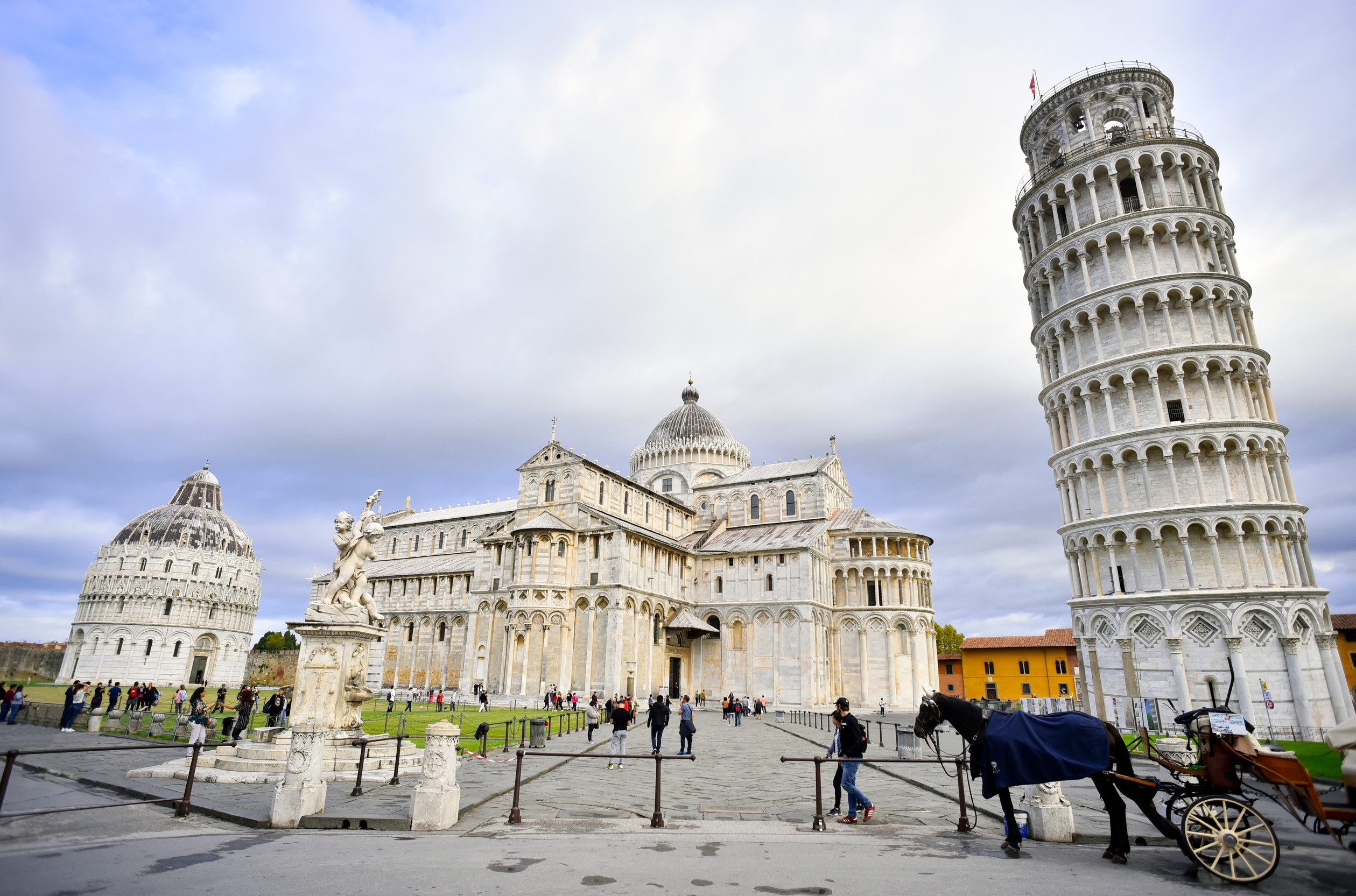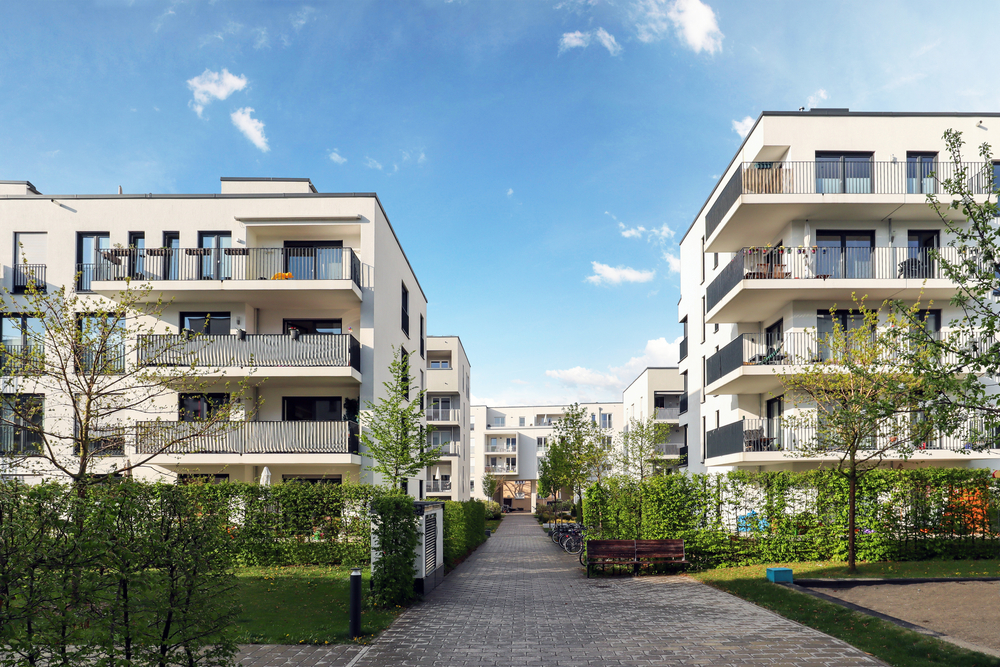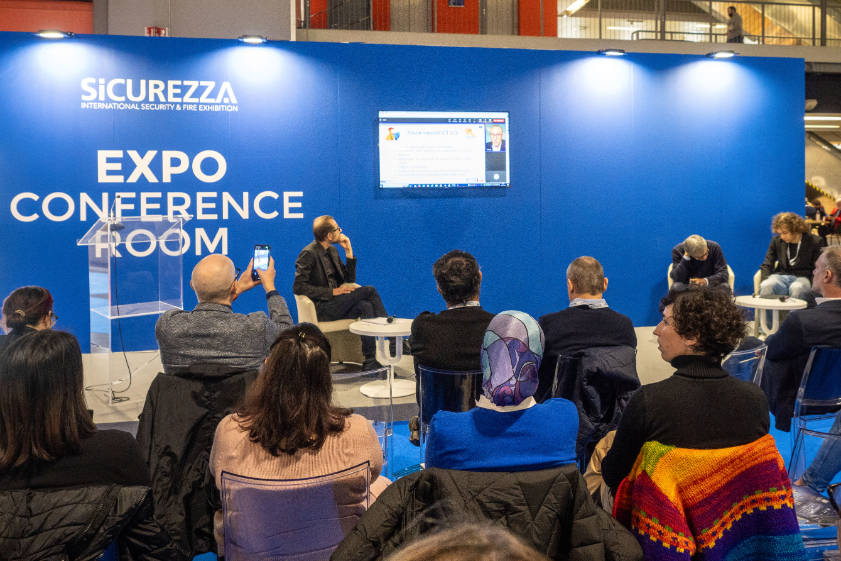After the debut in 2019, which featured a sort of overview of the best practices in urban innovation in our country over three days full of talks and presentations, during the exhibition Milan will be talking about technologies for smart cities again.
In imagining the evolution of the project, it seemed almost inevitable to draw attention to a theme that emerged clearly in 2020, the need for cities and districts too, to work towards achieving swift adaptation to the changes imposed by extreme events (like COVID-19) or ongoing systemic changes (like global warming).
This is why the theme chosen for the Milano Smart City Conference 2021 will be the contribution of technologies to "resilience", which has, for obvious reasons, been one of the most widely used terms over the past 12 months.
While not being absolute synonyms, “sustainability” and “resilience” are definitely two aspects of the same problem: making the human footprint less heavy than the planet's ability to adapt.
If the goal of a smart and resilient city is to withstand the stress that can hit it, 2020 definitely offered us a "dress rehearsal" of rare scope to assess this capacity on a global level; a capacity that is the combination of four key areas of infrastructure: health, mobility, communication networks and, last but not least, the monitoring of the main operating parameters of an urban system using sensors, management platforms and control centres, i.e., the production and process of what we call big data.
If this is the focus, in order to better understand the aims of the second Milano Smart City Conference, it is interesting to look at that recently proposed by the study conducted by Ernst Young on urban resilience in Italy, as a verticalization of the broader Smart City Index.
This important study shows, for example, that the most resilient cities tend, on average, to be in the north, with Milan, Venice and Turin occupying the top three places, followed by Florence, Genoa and, lastly, Parma, the first medium-sized city to appear in the ranking. This is undoubtedly determined by better TLC network coverage of metropolitan areas where, in some cases, Telcos have already started to market the first 5G services; the capillarity of public transport services also plays a part too, as does the widespread use of sensors and the ability to process big data to implement predictive activities. The top ten classification also includes smaller cities, such as Pavia and Siena, which show that size is not necessarily a limit to the resilient approach, which is primarily a matter of good practice.
On the contrary, the distribution of connectivity across the country seems to be objectively penalising, with only 17 capitals of province being able to supply FTTH coverage to more than 80% of the population, while 37 out of 109 are still unable to offer this essential service.
Lastly, the Ernst Young study highlights the important link between the level of resilience of individual cities and their ability to recover after a pandemic. This figure is obviously influenced by the level of contagion of the various regions, with cities in the north at a disadvantage at the end of April but demonstrating greater resilience, which offset this negative starting point; this situation could now penalise many of the southern Italian cities, in part spared by the first wave, but with a lower average level of resilience.
Of course, it isn't just a matter of technologies, but the evolution currently underway offers administration bodies tools that were unthinkable until recently and which must be acknowledged and used. And one of the primary goals of SMART BUILDING EXPO 2021 will be to make them known.







